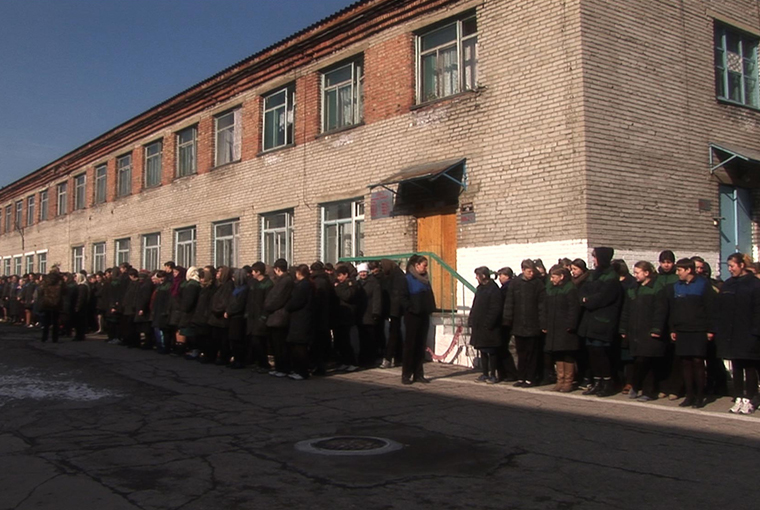
In recent editorials, we have addressed the breakdown of the cultural landscape. That edifice made up of events, institutions and diverse networks, has crumbled in the face of a challenge that has primarily been defined as a twofold crisis: of the healthcare system and the national economy. With the state prioritizing these two spheres and contracting into an administer of rules and logistics, artists and cultural agents have been pushed into ever greater individualization. Today’s freelancers in the cultural sphere have been forced to create jobs and chores where there are none. They now frequent online events in which the slow death of a whole landscape is negated through performative displays of bustle. The flood of online marketing events, online pitches, and informal zoom gatherings seem to comfort cultural actors in their belief that their industry is still alive more than they encourage artistic creation or public visibility.
Culture and art, like academia before them, are again turning into rare diversions dominated by the privileged. In the wake of the ongoing crisis, big institutions have profited from preexisting infrastructures. Opera houses for example have put up online shows of previous seasons. Freelancers do not operate within such institutional continuums, let alone a proper social safety network with unemployment benefits and temporary employment opportunities not currently available for the self-employed. The aggravation of the “bowling alone” principle will ultimately push artists and cultural agents out who can no longer afford to fight alone. Not only does that group of people increase from year to year. More importantly, they will owe the collective as little as we have given them when they most needed it.
***
This month, we report from the BFI London Film Festival with reviews of Małgorzata Szumowska and Michał Englert’s Never Gonna Snow Again about a massager with supernatural talents, and Bohdan Sláma’s depiction of post-WWII purges of the German population in Czechoslovakia, Shadow Country. In our Interviews section, you will also find Isabel Jacobs’ interview with the director about his stylistic choices and the philosophy behind the film.
Jack Page reviewed another film that returns to traumas of the past with an innovative approach: in One Man Dies A Million Times, Jessica Oreck transports the siege of Leningrad into the future. Colette de Castro reviewed two recent features from Ukraine, Daria Onyshchenko’s The Forgotten, a love story revolving around the internally displaced, and Yarema Malashchuk and Roman Himey’s New Jerusalem, a captivating documentary about a local pilgrimage. Antonis Lagarias questions whether Maria Yatskova’s Miss Gulag about a Siberian prison for female offenders can truly unveil the unseen. Finally, we complete our coverage of the DokuFest Prizren with a discussion of Sergei Loznitsa’s reshuffling of original footage taken during Stalin’s funeral, State Funeral.
We hope you enjoy our reads.
Konstanty Kuzma & Moritz Pfeifer
Editors




Leave a Comment